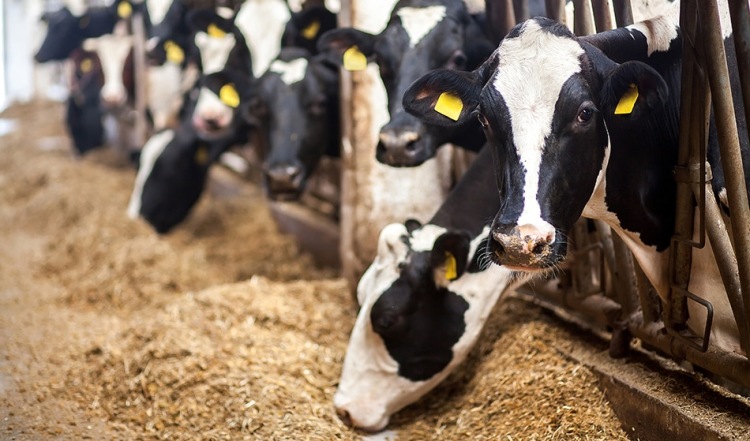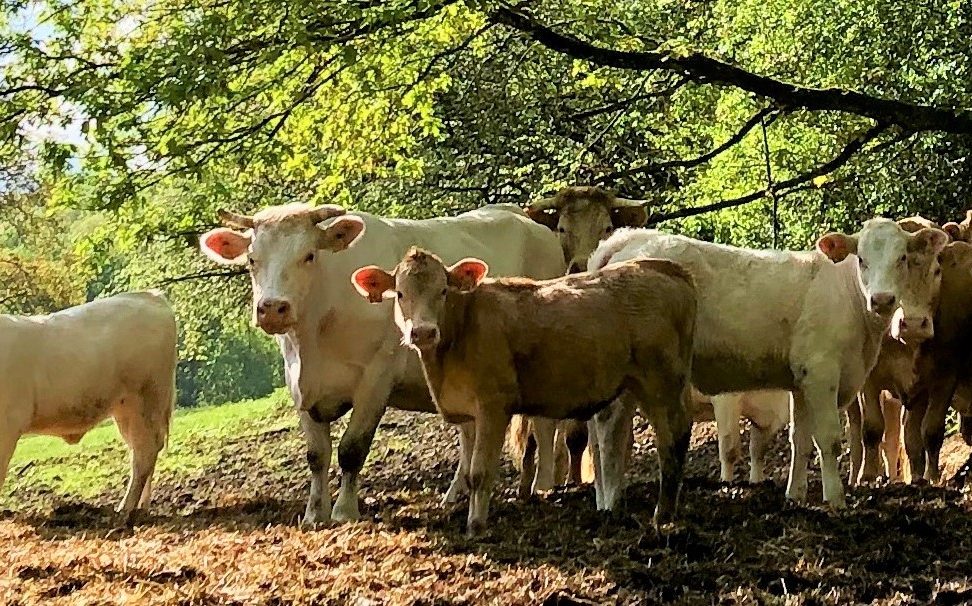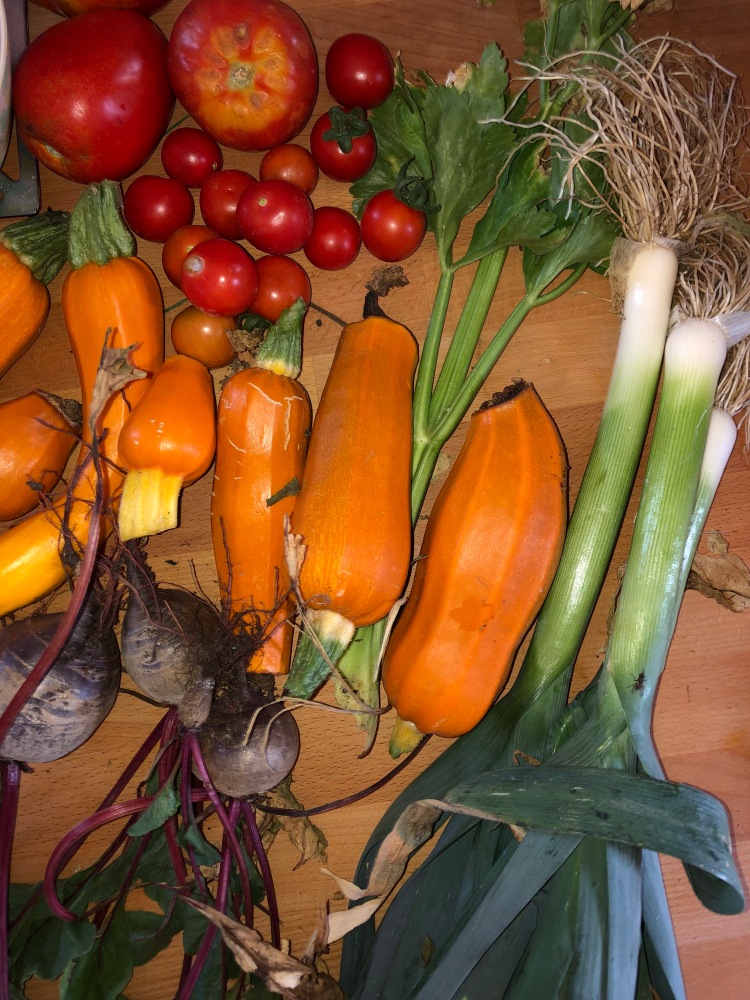The environment is impacted by everything we produce and consume, including our food! This is a fact that appears constantly in the news, but we hardly see or feel the effect. Yes, we may smell the smog in our cities, see plastic garbage on land and in the sea, but the impact of all our consumption remains mostly unseen, except to those most affected of course.
We believe that the increase in hurricanes, forest fires and other extreme weather events are triggered by the greenhouse effect, but sometimes we want to go beyond believing and want to understand the underlying facts and get information from scientific research to see the invisible truth – at least I do! Therefore I will publish – always step by step – facts and environmental news as they unfold in the daily news.

The bad news
The magnitude of the ecological impact depends on the way food is produced. The more industrial the production is, the higher the environmental degradation of our land, water, and the air. The more pesticides and fertilizers are applied, the bigger the possible health problems for workers and people in neighboring villages who are involved in bringing food to our plates. Our food production has a huge impact on many different domains and the list of issues is long and diverse:
- Livestock production impacts wildlife and biodiversity
- Food needs transportation, packaging, and creates waste.
- Agriculture has an influence on the quality of air, water, land, and the soil.
- Food production leaves a CO2 and a water footprint and contributes to Climate change.
Whilst I am not a scientific specialist in any of these domains, I can, however, curate news and articles from reliable sources, which I find helpful in explaining the interconnectedness of the different environmental issues within our food system: the more we understand this complex system, the more we want to act to preserve biodiversity and wildlife – and if we all do – the healthier the planet will be !


The good news
Fortunately, there are also lots of good news in the world of food production, thanks to constant innovation and initiatives. Here are some of the most important areas where change has already happened:
- Regenerative agriculture, which approaches the ecosystems as a whole, is on the rise.
- Permaculture convinces more and more gardeners.
- Supermarkets selling lower impact, organic foods are no longer the exception.
- Restaurants without a vegetarian option have become old fashioned.
- Vegetarian food options are being constantly created and represent a new market in the world of food production and consumption.

The hopeful news
We all need a positive outlook to get motivated for action and change. We need encouraging evidence, showing that we can slowly reverse the development of environmental degradation. Here are some standpoints which have been convincing to me:
- Embracing a plant-rich diet is a healthy option, leading to less to chronic diseases, and ultimately reduces the healthcare cost of our communities.
- Local, seasonal, and organic products taste better, are more nutritious, support our local economies and limit polluting transportation. Source: https://www.visualcapitalist.com
- The concept of ‘growth’ is more and more often exchanged for ‘thrivability’ (to be explored!)
- Plant-rich diets reduce greenhouse gas emissions, in comparison to ‘traditional’ diets:
If more people commit to adopting a plant-based lifestyle, it could have a significant impact by 2050: 30 – 70% Reduction in greenhouse gases! Source: https://www.visualcapitalist.com
